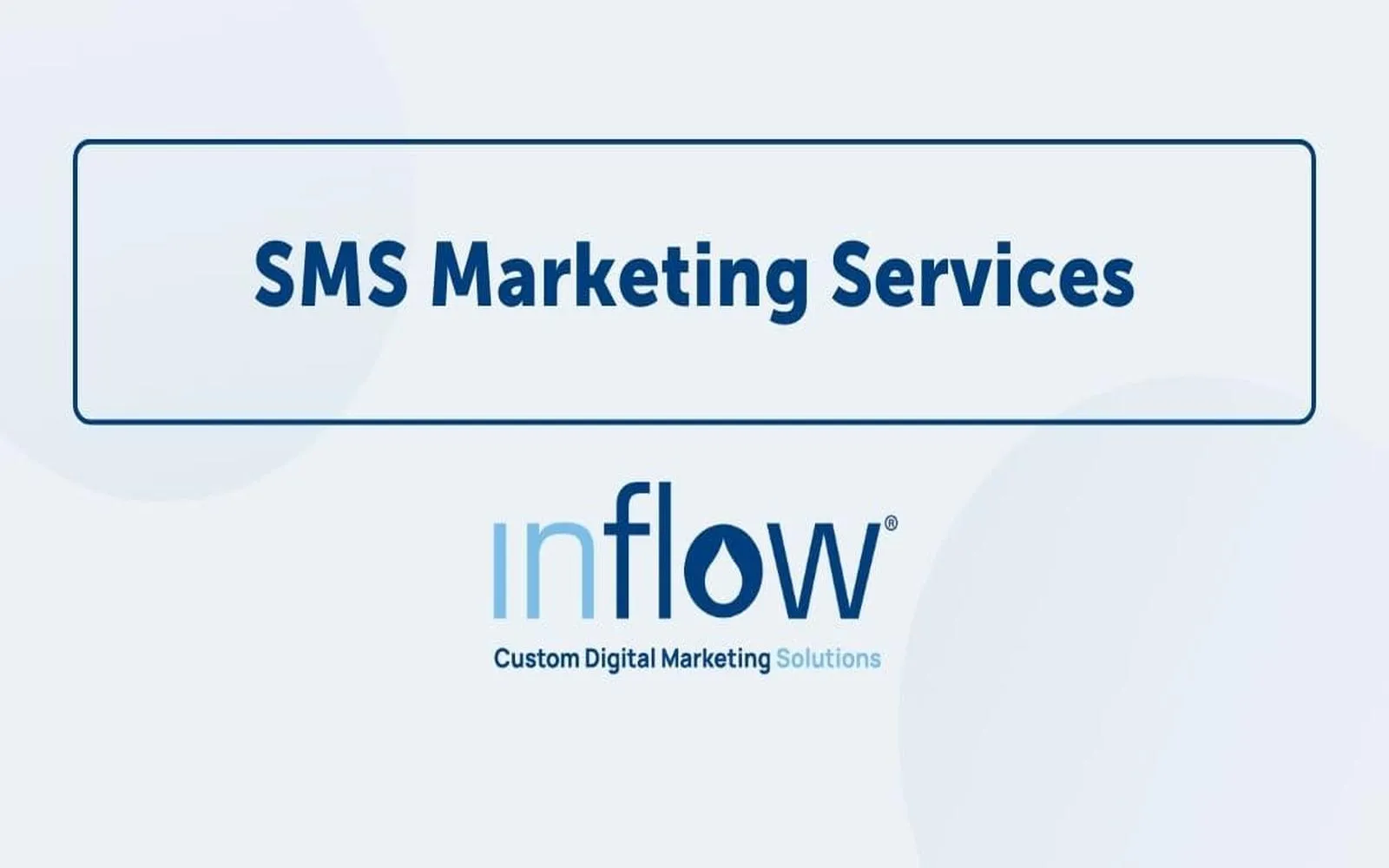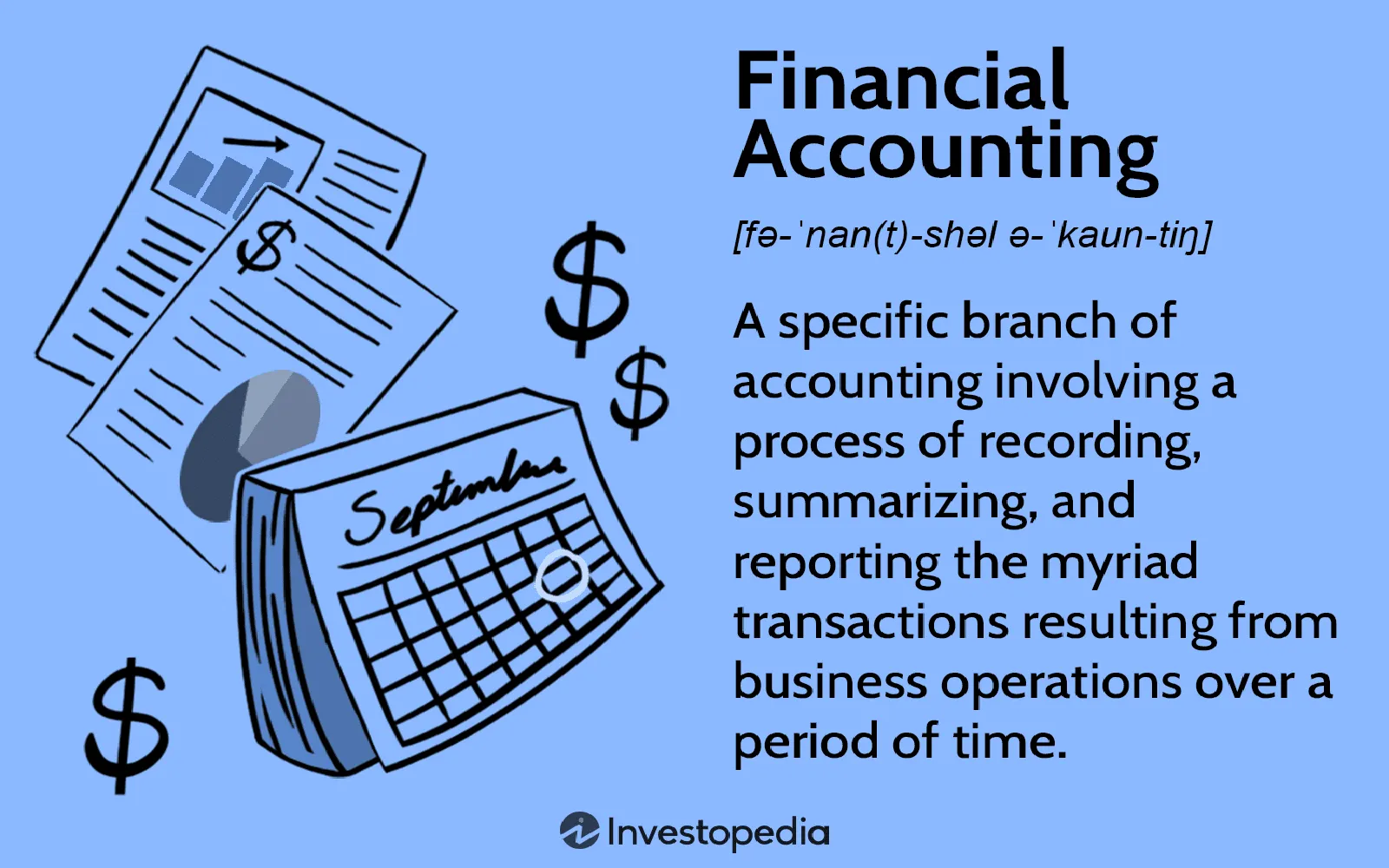Shielding Success: Unlocking the Power of Professional Indemnity Insurance
In today's competitive business landscape, professionals across various industries face an array of risks that could potentially jeopardize their careers and businesses. One of the key strategies to mitigate such risks is through professional indemnity insurance (PII). This vital form of coverage acts as a safety net for professionals, shielding them from claims of negligence, errors, or omissions in the services they provide. Understanding the intricacies of professional indemnity insurance is essential for unlocking its full potential and ensuring long-term success.
What is Professional Indemnity Insurance?
Professional indemnity insurance is designed to protect professionals from legal claims made by clients or third parties due to perceived failures in their professional services. This insurance typically covers legal costs, compensation payments, and other expenses arising from claims of negligence, breach of duty, or misrepresentation. It's particularly crucial for professions that offer specialized advice or services, such as consultants, architects, accountants, and healthcare providers.
Why is Professional Indemnity Insurance Essential?
In today's litigious society, the importance of professional indemnity insurance cannot be overstated. Here are a few reasons why it is essential for professionals:
- Protection Against Financial Loss: Legal claims can be financially devastating, leading to significant legal fees and compensation payouts. Professional indemnity insurance provides the necessary financial protection, allowing professionals to focus on their work without the constant worry of potential claims.
- Enhances Credibility: Having professional indemnity insurance can enhance a professional's credibility in the eyes of clients and stakeholders. It demonstrates a commitment to quality service and assures clients that they are protected in case of any mishaps.
- Compliance with Industry Standards: Many professional bodies and regulatory authorities require their members to carry professional indemnity insurance. Fulfilling these requirements not only ensures compliance but also safeguards the reputation of the profession.
- Peace of Mind: Knowing that you are covered in case of unforeseen circumstances allows professionals to operate with confidence. This peace of mind is invaluable, enabling them to provide their services without the fear of potential repercussions.
Who Needs Professional Indemnity Insurance?
While certain professions are more susceptible to claims, any business or individual providing professional services should consider obtaining professional indemnity insurance. Here are some examples of professions that typically require this insurance:
- Consultants: Management, IT, and business consultants often face claims related to advice that led to financial loss or operational issues.
- Healthcare Professionals: Doctors, nurses, and therapists can be liable for malpractice claims if patients believe they received substandard care.
- Legal Professionals: Lawyers can face claims of negligence if a client believes that their legal representation fell short.
- Architects and Engineers: These professionals can be held accountable for design flaws or construction delays that lead to financial losses for clients.
Key Components of Professional Indemnity Insurance
When considering professional indemnity insurance, it’s essential to understand its key components, which typically include:
- Coverage Limits: This refers to the maximum amount that the insurer will pay in the event of a claim. Choosing an appropriate coverage limit is crucial, as it should be aligned with the potential risks associated with the profession.
- Retroactive Cover: This component protects against claims arising from incidents that occurred before the policy's start date. It is vital for professionals transitioning from one insurer to another.
- Claims Made Basis: Most professional indemnity policies operate on a 'claims made' basis, meaning that coverage is only valid if the claim is made during the policy period. Understanding this aspect is crucial for ensuring continuous coverage.
Selecting the Right Professional Indemnity Insurance
Choosing the right professional indemnity insurance policy can be a daunting task given the multitude of options available. Here are some tips to help professionals select the policy that best fits their needs:
- Assess Your Risks: Understanding the specific risks associated with your profession is the first step in selecting the right coverage. This assessment will guide you in determining the appropriate level of coverage.
- Compare Policies: Don’t settle for the first policy you encounter. Compare different policies and providers to understand the coverage, exclusions, and costs involved.
- Seek Expert Advice: Consulting with an insurance broker or professional indemnity insurance expert can provide invaluable insights into the nuances of various policies and help you make an informed decision.
Conclusion
In conclusion, professional indemnity insurance is a critical asset for professionals looking to safeguard their careers and businesses. By understanding its importance, key components, and how to select the right policy, professionals can unlock the power of this insurance to shield their success. In an unpredictable world, having a robust professional indemnity insurance policy can be the difference between thriving and merely surviving in your chosen field.
Explore

Unlocking Success: The Power of SMS Marketing Services for Your Business

Unlocking Success: The Top Link Building Agencies to Elevate Your SEO Strategy

Unlocking Business Success: The Essential Role of Registered Agent Services

Step Into Comfort with Professional Heated Floors Install

Top Financial Advisory Services for Businesses in 2025: Unlocking Growth and Success

Unlocking Success: Insider Tips from a Top Vrbo Owner

Mastering Business Finance: Unlocking the Secrets to Financial Success

Best Pickup Trucks of 2025: Power, Performance & Value
